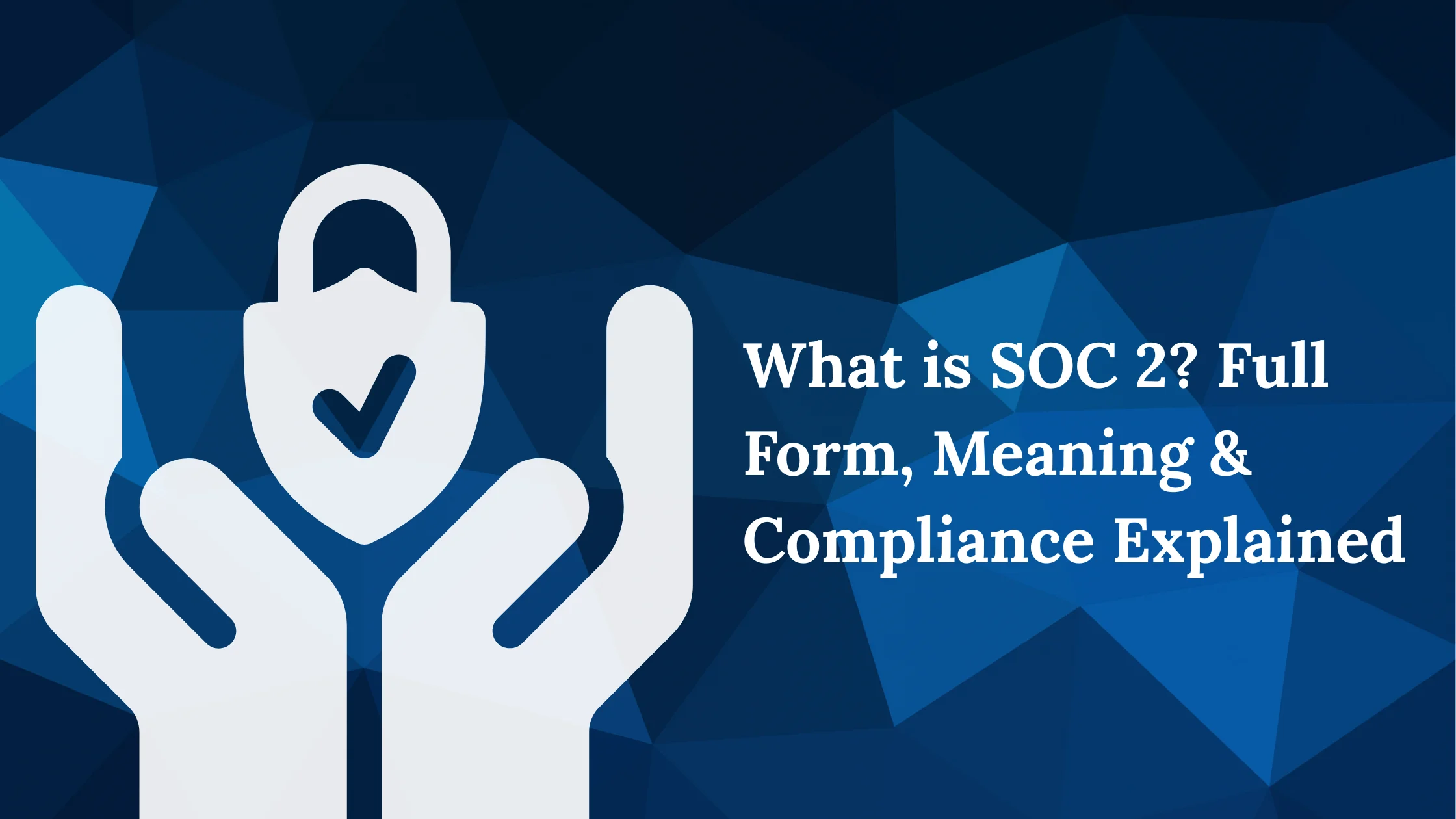
How Oman's Personal Data Protection Law Impacts Businesses and Consumers
The Oman Personal Data Protection Law (PDPL), issued on February 9, 2022, came into effect on February 13, 2023. This law repeals Chapter 7 of the Electronic Transactions Law and introduces significantly stronger privacy protections. It incorporates fundamental privacy principles, aiming to align Oman’s data protection standards with global best practices, such as those established by the European Union's General Data Protection Regulation (GDPR) (Regulation (EU) 2016/679).
Scope and Applicability in Oman
Territorial scope
The Oman PDPL does not explicitly define its territorial scope within its provisions. Nonetheless, the law is anticipated to apply to data subjects, controllers, and processors located within the Sultanate of Oman.
Material scope
The Oman PDPL exempts personal data processing for national security, public interest, state functions, legal obligations, state economic interests, vital interests of data subjects, and existing contract fulfillment. Additional exemptions cover crime prevention, authorized research, personal or family use, and publicly available data.
In employment, essential data (e.g., ID, bank details) is exempt for contract purposes, while health data for benefits requires consent and ministerial approval. Personal data on company devices may also fall under PDPL obligations. The practical application remains unclear pending the issuance of executive regulations.
Legal bases
1. consent
2. Legal Obligation
3. Public Interest.
Principles
Under the Oman PDPL, personal data may not be processed except within the framework of transparency, honesty, and respect for human dignity, and after the explicit consent of the data subject. However, the Oman PDPL falls short of incorporating commonly established data protection principles such as data minimization or purpose limitation.
Controller and Processor Obligation.
Data processing notification
Controllers and processors who meet specified conditions will be listed in a register maintained by the Ministry. Further details on this register are anticipated in the upcoming Executive Regulations.
Data transfers
Under the Oman PDPL, the data controller may transfer personal data outside Oman, provided it complies with regulatory controls and procedures and does not infringe the Cyber Defence Centre's authority. Before transferring data, the controller must confirm that the third-party processor offers protection at least equal to Oman’s standards, assessing factors such as data sensitivity, purpose and scope of processing, sharing parties, processing duration, data transfer stages, and the risks to data subjects.
Data processing records
The Regulations now mandate that data controllers and processors maintain a dedicated record of personal data processing activities.
Data protection impact assessment
Controllers are generally required to assess risks to data subjects from data processing. Article 39 of the Regulations specifies that, when transferring personal data, controllers must evaluate the protection level of third-party processors.
Data Protection Officer appointment
The Regulations mandate appointing a Data Protection Officer (DPO) who meets specific qualifications: they must be knowledgeable about the Oman PDPL, its Regulations, and the controller or processor’s data protection practices, and must be professionally capable of addressing data protection issues competently
Data Breach notification.
In the event of a personal data breach involving unauthorized destruction, alteration, disclosure, access, or processing of personal data, the data controller must promptly inform both the Ministry and the affected individuals, following the procedures set by the Regulations.
Data Retention
The data retention period for processing operations will be set by the data controller or processor, as per the Regulations
Children's data
Under the Oman PDPL, processing a child’s personal data is prohibited without guardian approval, unless it serves the child’s best interest
Special categories of personal data
The Oman PDPL does not define or provide specific safeguards for the processing of 'sensitive personal data' or 'special categories of personal data.' It completely bans the processing of personal data related to genetic data, biometric data, health data, racial origin, sex life, political or religious opinions, philosophical beliefs, criminal convictions, or security measures, unless prior approval is obtained from the Ministry Data Subject Rights
Right to be Information
Right to Access
Right to Rectification.
Right to erasure
Right to data portability
Penalties
In addition to the penalties mentioned earlier, data controllers and processors who fail to follow the Ministry's prescribed controls and procedures, or who do not cooperate by providing requested data or documents, will face fines ranging from OMR 1,000 (about $2,597) to OMR 5,000 (about $12,989). Legal entities can be fined between OMR 5,000 (about $12,989) and OMR 100,000 (about $259,786) if a crime under the PDPL is committed by their chairman, board member, manager, or other officials with their approval, concealment, or gross negligence. In addition to fines, the court may order the confiscation of tools used to commit crimes under the PDPL. The Ministry may also impose administrative penalties for violations of the PDPL, Executive Regulations, or related decisions, with fines not exceeding OMR 2,000 (about $5,195).
More For You

...

SOC 2 Compliance for Service Providers: Ensuring Data Privacy and Security
SOC 2 compliance is a security standard for service providers handling customer ...

Factory Cybersecurity: Protecting Industrial Control Systems in Manufacturing Operations
...
